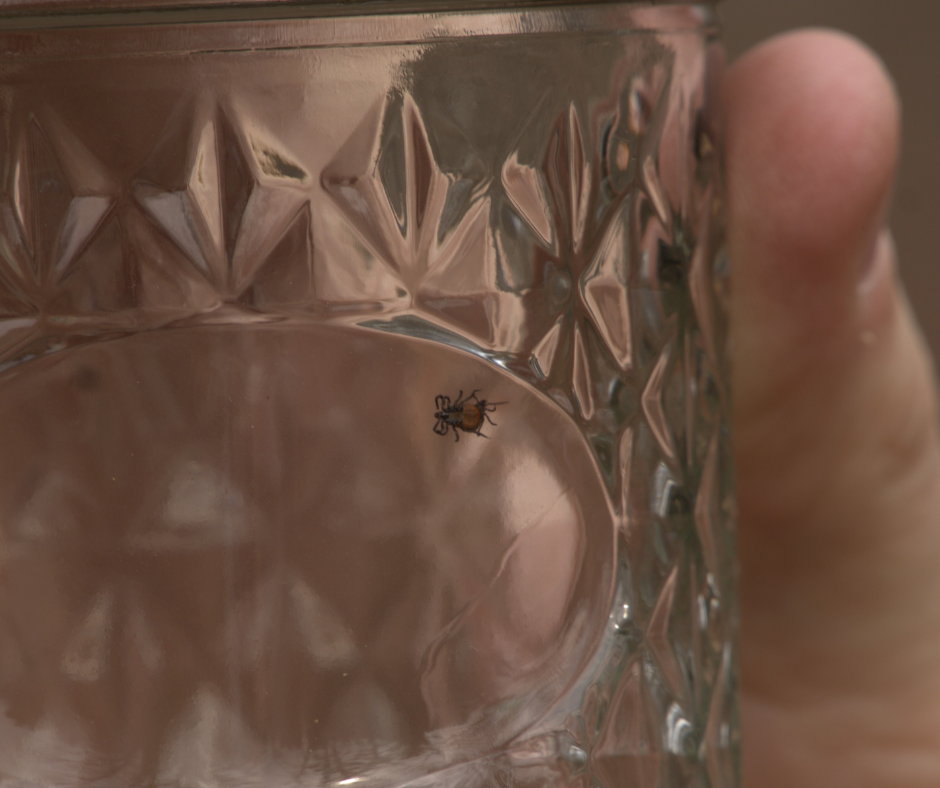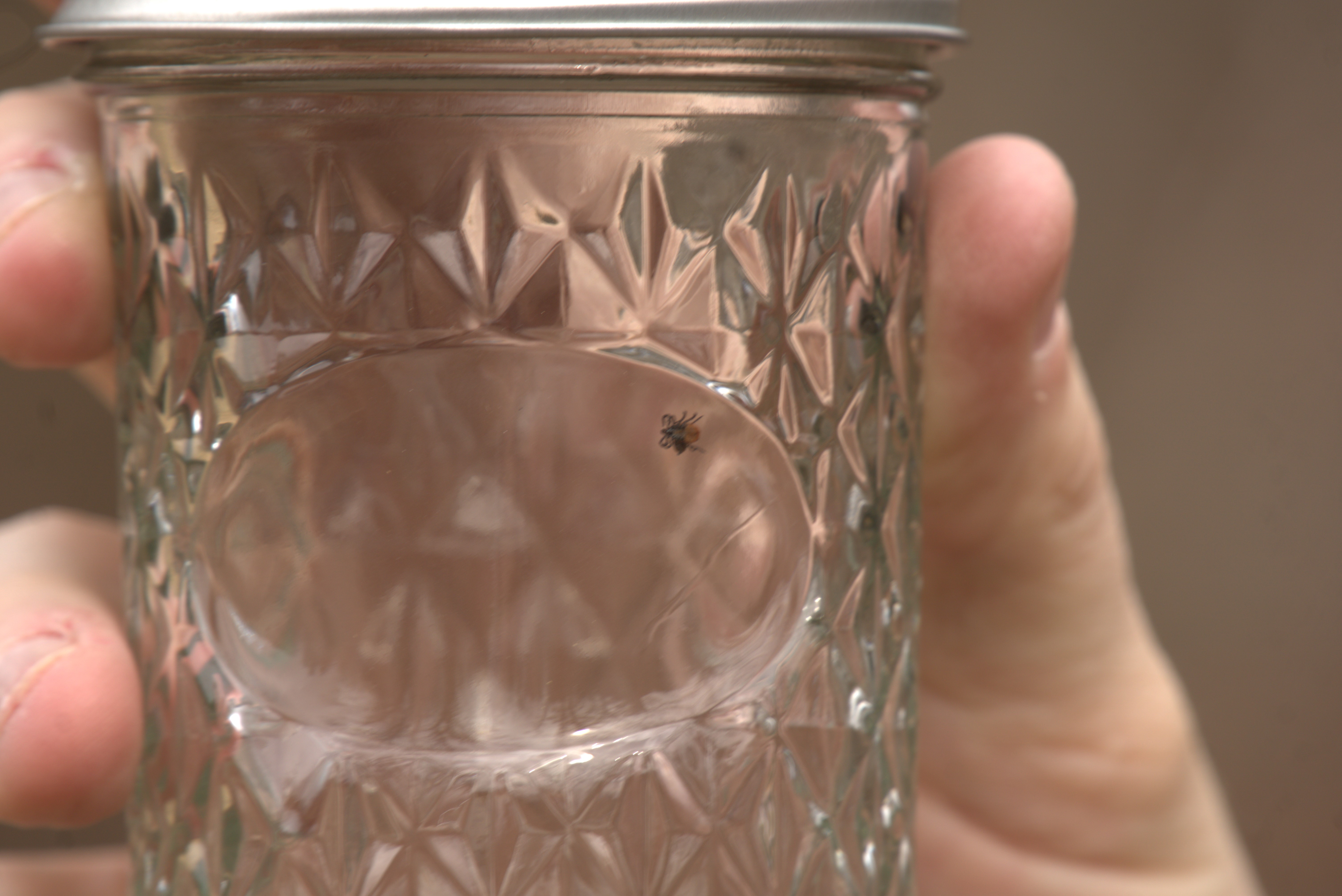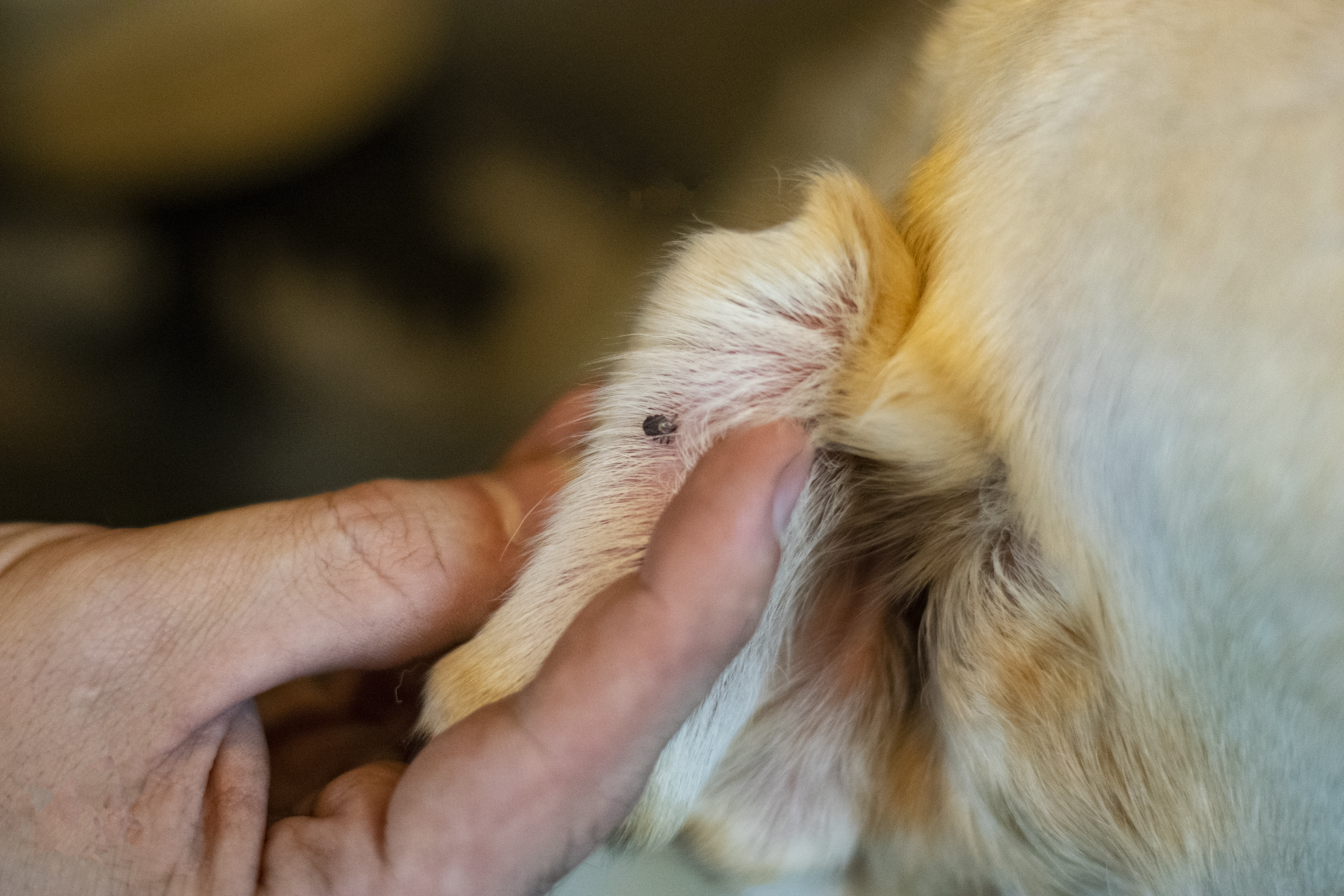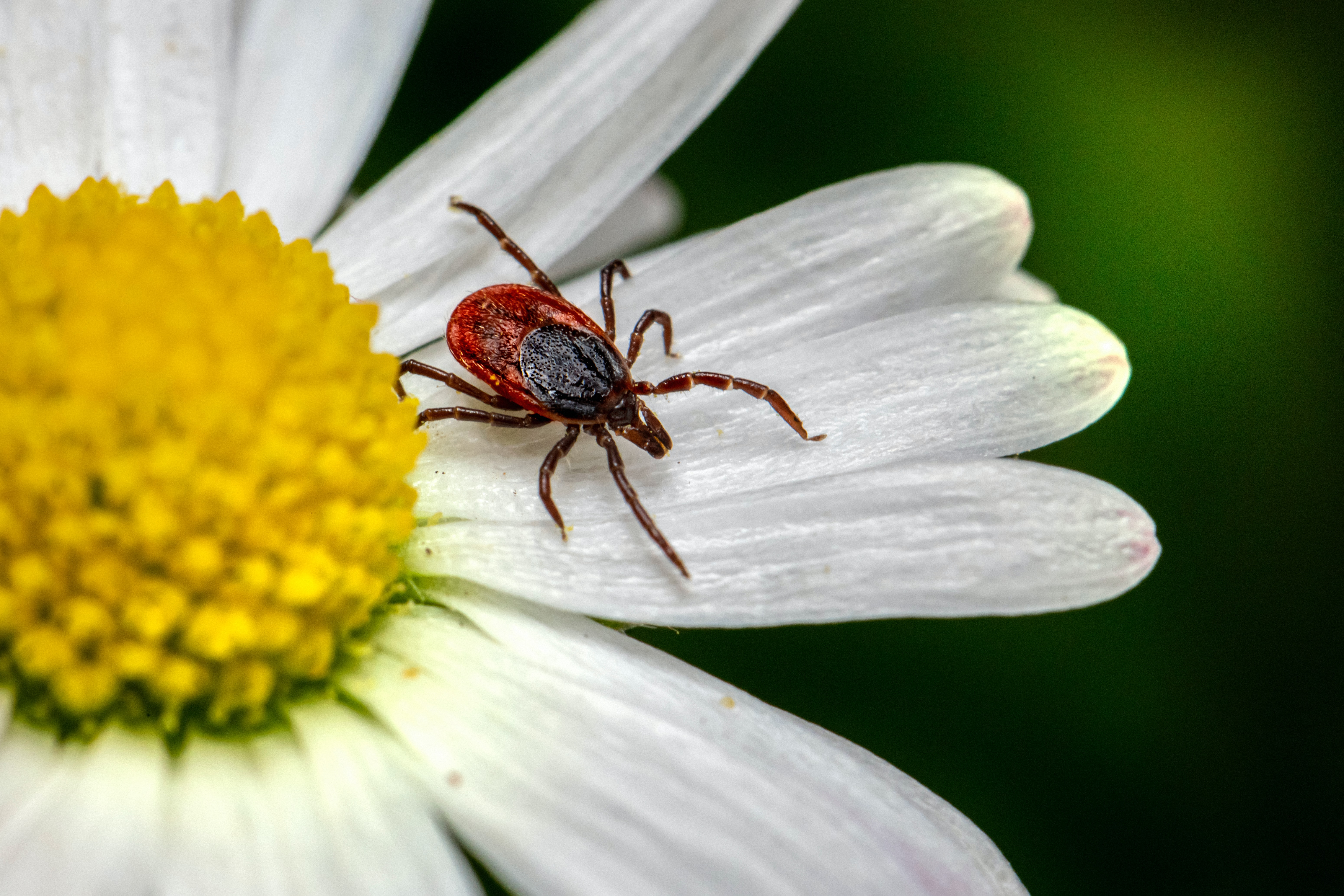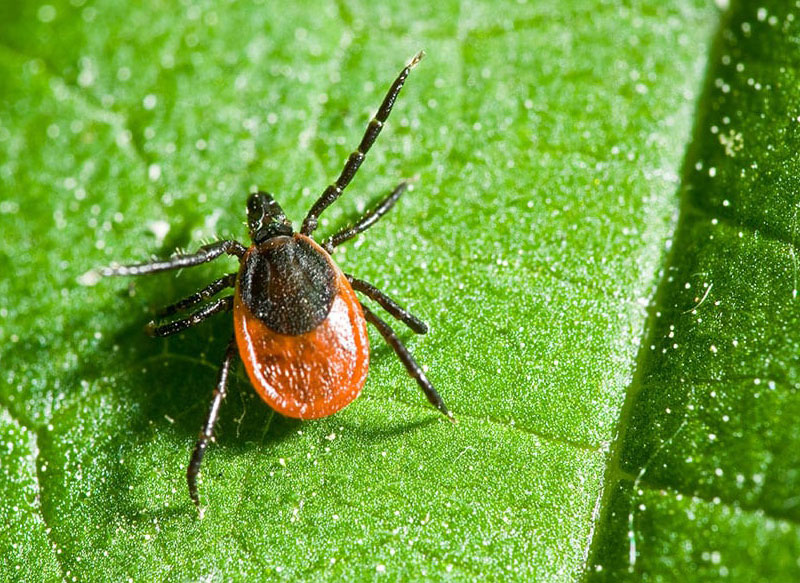New England is renowned for its stunning fall foliage, and with its scenic mountain peaks, rolling hills, and vast forests, there is no better place for fall hiking. Unfortunately, blacklegged ticks remain active during the fall months, presenting a serious risk to hiker health. These tiny yet troublesome pests are found in grassy, brushy, wooded areas, including hiking trails and woodland paths.
As you gear up for your next hiking excursion, it is crucial to take proactive steps to safeguard yourself against tick bites and the potential transmission of tick-borne diseases. To help ensure a safe and enjoyable outdoor experience, we have compiled a list of tips to minimize your risk of tick encounters.



